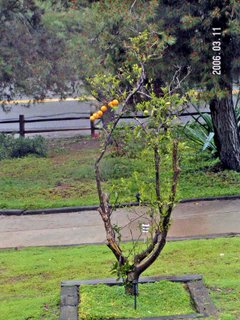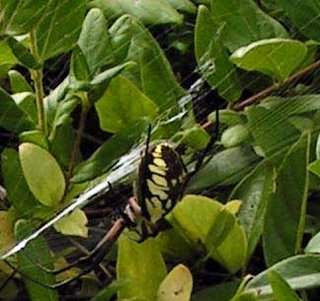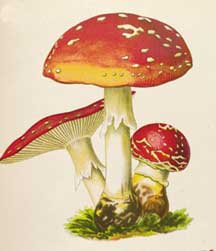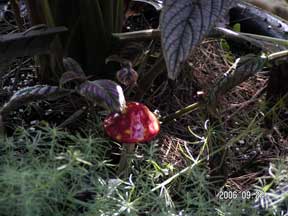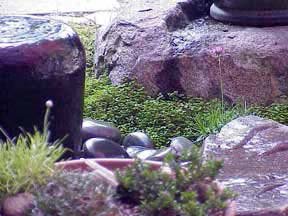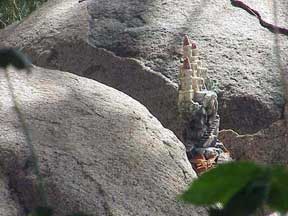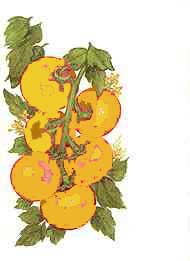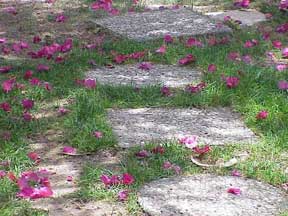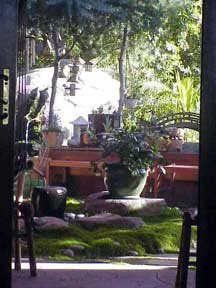 In 1964, Betty Friedan published “The Feminine Mystique” launching the women’s liberation movement. She was protesting against the post -WWII moment when Rosie the Riveter and her kind were chased out of the workplace to make room for returning veterans. The women holed up in their homes – specifically their kitchens – where they made their last stand. They were henceforth to define themselves in terms of their roles as wife and mother. Their new job title was “Homemaker.”
In 1964, Betty Friedan published “The Feminine Mystique” launching the women’s liberation movement. She was protesting against the post -WWII moment when Rosie the Riveter and her kind were chased out of the workplace to make room for returning veterans. The women holed up in their homes – specifically their kitchens – where they made their last stand. They were henceforth to define themselves in terms of their roles as wife and mother. Their new job title was “Homemaker.”It is difficult today to imagine what prompted the rebellion against this delightfully sounding role. But this photograph offers a clue.
The “American Memory” section of the Prints and Photo Division at the the Library of Congress has a huge archive of photos taken by Horydczak, Theodor, ca. 1890-1971, called “Washington as it Was.” The photos were taken ca. 1920-ca. 1950 and include not only many exterior file photos of a bygone urban and rural life. They also chronicle the beginnings of the suburban environment believed to be the natural habitat of the homemaker. I believe the photographer embedded moral tales in some of his pictures, and this particularly poignant one seems to capture the trapped homemaker described soon thereafter by Betty Friedan.
The picture is enigmatically and futuristically entitled “Electric Institute of Washington, Potomac Electric Power Co. Building. Electric Institute kitchen II.” It’s a photo of a relentlessly white cutting edge kitchen of the day. But if you look closely, you can see in the background, above the kitchen sink, an image of the presumed lady of the house. She is embedded in the gleaming kitchen like a mounted trophy, trapped in the idealized homemaker’s paradise that Betty Friedan would later describe as suburban hell. The photo is at: http://rs6.loc.gov/cgi-bin/query/I?horyd:17:./temp/~ammem_OrGU::displayType=1:m856sd=thc:m856sf=5a40586:@@@
